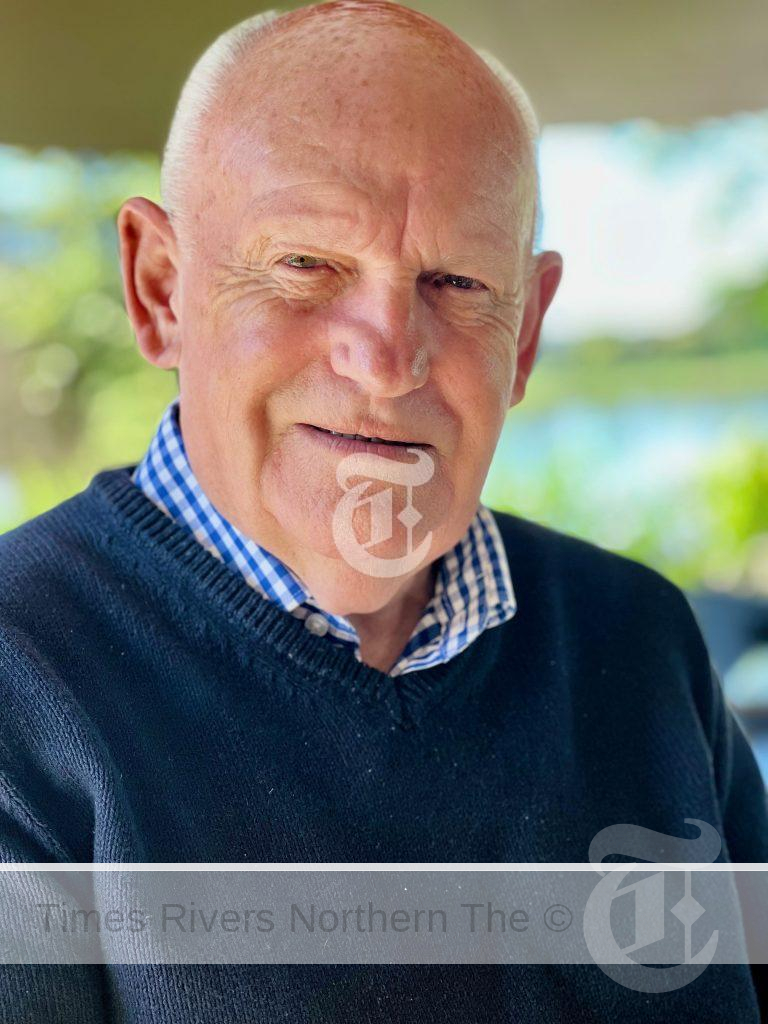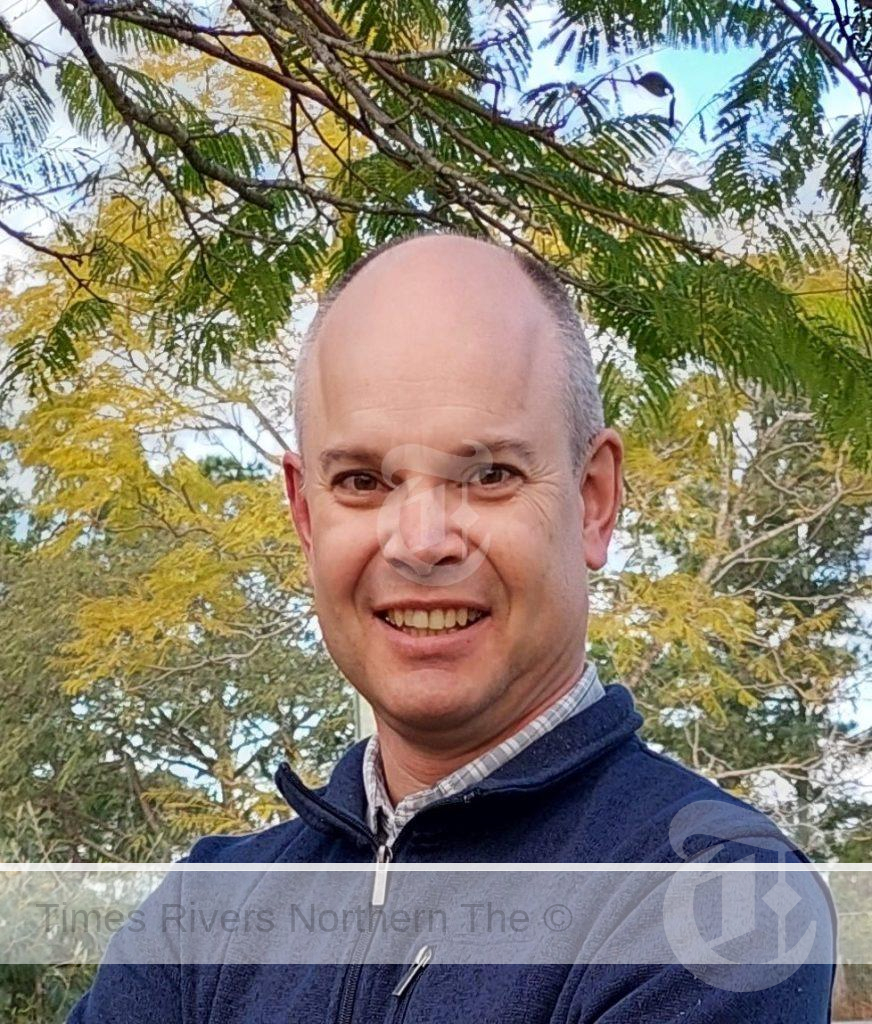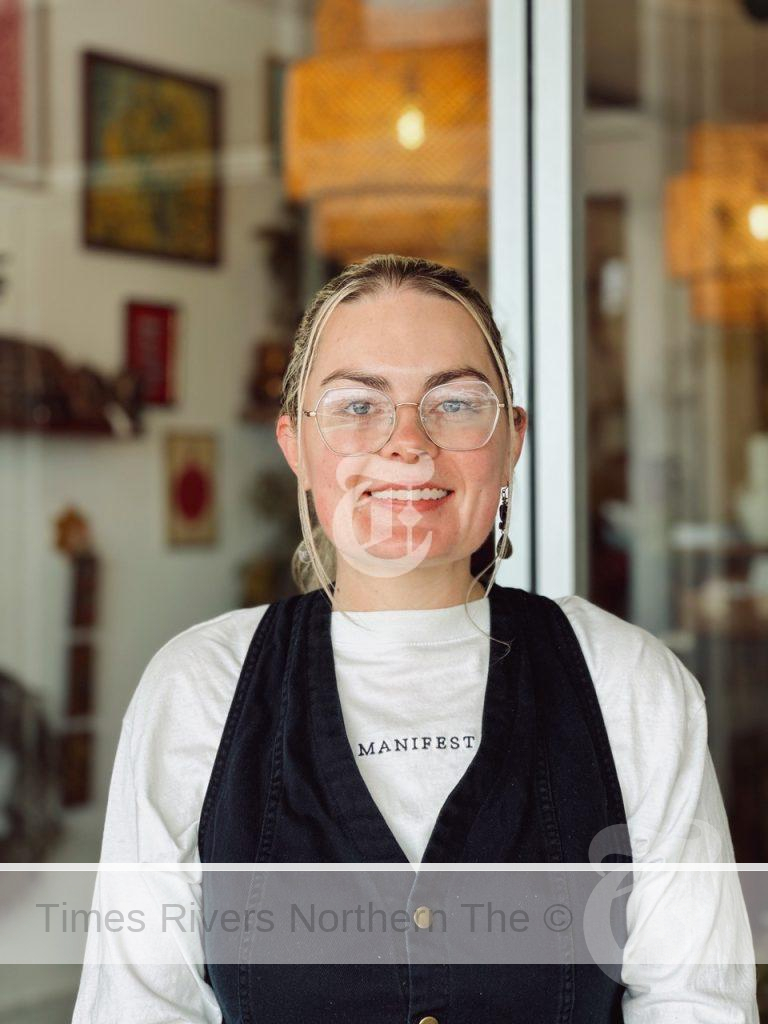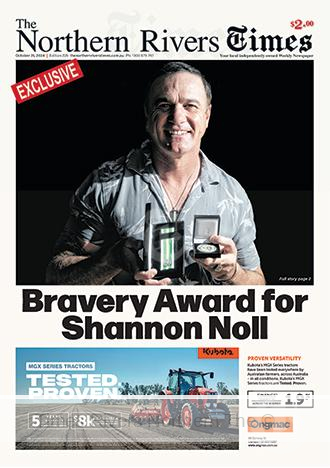Ninth councillor could decide mayor
By Tim Howard
The race to secure the ninth and final spot on Clarence Valley Council could also be decisive in deciding who becomes the next mayor.
With more than 31,000 votes counted since voting closed on September 14, the first seven or eight spots appear locked in, but a four-way battle is building for the final spot.
As of Saturday’s counting first time candidate Amanda Brien held ninth spot with 1505 first preference votes ahead of incumbent Karen Toms on 1410.
Also in the mix were former councillor Andrew Baker on 1131 and another incumbent, Ulmarra’s Steve Pickering, on 1093.
Two of the field, incumbent mayor Peter Johnston, who had 3731 votes and a 1.22 share of his quota and first time candidate Ray Smith who had 2415 and 0.73 of a quota, have begun canvassing for mayoral votes.
Both were confident they have four votes from those most likely to find themselves on council, but conceded the ninth councillor to be elected could hold the crucial vote for both of them.
Mr Johnstone said it appeared that either Ms Brien and Ms Toms were most likely to secure the last spot.
And he acknowledged that while he was sure of support from Ms Toms, his observations of the election campaign led him to believe Mr Smith would have Ms Brien’s support.
“She was giving out Ray Smith’s how to votes and he was giving out hers and they both had their corflutes up in Dougherty property,” Mr Johnstone said.
Mr Smith did not comment on the record about where his support came from because of uncertainty over the final result.
“I’ve had a couple of the potential councillors ring me to indicate their support if I stood,” he said.
“But I guess we really can’t do anything until the final nine have been declared.”
Mr Smith said the outcome would not be determined until early next month.

Former Grafton City Council general manager Ray Smith has emerged as an alternative mayoral candidate, claiming he has support from three other candidates likely to be elected to the council.
“I’ve been told the Declaration of the Poll will be on October 3,” Mr Smith said.
“And then the meeting to elect the mayor and deputy mayor will be on October 17.”
Before the poll is declared the vital, if complex, distribution of preferences will decide the formation of the next council.
The NSW Electoral Commission website has a description of the
“Where an elected candidate has a surplus of ballot papers over the quota, this surplus is transferred to the continuing candidates (i.e. those not yet elected or excluded).
“If multiple candidates are elected, each candidate’s surplus is transferred (one at a time) to the continuing candidates, from the highest surplus to the lowest.
“To transfer a surplus, all the ballot papers received by the elected candidate are sorted to their next preferred continuing candidate.
“Each ballot paper is then worth a portion of that surplus. This portion is called the transfer value.
“Example: if an elected candidate had 100 ballot papers and their surplus was 10 votes, then each ballot paper would be worth 0.1 of a vote.
:A continuing candidate receiving 20 of these ballot papers would therefore receive two of the 10 surplus votes.
“After each transfer of ballot papers (and their associated votes), if any more candidates have reached quota, they are elected and added to the queue of surpluses to be transferred.
“This transfer of surpluses continues (one at a time) until all have been transferred.
Then, if vacancies remain, the candidate with the lowest number of votes is excluded.
“All the ballot papers received by this candidate, including those received from surplus transfers, are sorted to the continuing candidates according to their next available preference.”
The preferences from excluded candidates are transferred as a full vote.
Both mayoral candidates are refining their pitches ahead of the vote.
Mr Johnstone said this election was more uncertain than the 2021 poll which was not decided until the 14th preference count.
Mr Johnstone also cautioned that other councillors could come forward as candidates for mayor or deputy.
“I know that Debrah (Novak) normally puts her hand up every time, so wouldn’t be surprised if she does again,” he said.
Mr Johnstone said he would back his record as mayor, even though he had only been in the position for a year.
“I think I’m hearing all the time from the community that I think I’ve done a good job,” he said.
“I’ve only been in place for a year, which normally, mayors are in place for at least two.
“Obviously, the elected mayors are in for four and but, you know, with a peer elected one, so every two years, and I’ve only had one, and what I’ve done is I’ve made a foundation.
“I think it’s a very good foundation.”

Mayoral incumbent Peter Johnstone says criticism of the voting patterns in council last term was not warranted.
Mr Smith has never stood for office, but has 30 years experience as a council general manager, including from 1993 to 2004 as general manager of the Grafton City Council.
He returned to the Clarence in 2022 and what he observed in the past two years convinced him to run for council and mayor.
“I was disappointed in the way it was operating,” he said. “There were factions in council and there were voting blocks more often than not, it went five, four, and I just felt that when you’re voting in a block, you’re not voting with your conscience, and that impedes good decision making, and therefore it becomes detrimental to the Clarence Valley.”
Mr Johnstone disputed Mr Smith’s description of the voting patterns.
He said he had created a spreadsheet of voting patterns on what he called “contentious issues”, votes decided 5-4 or 6-3.
“Now they’re no surprises with several,” he said.
“Alison and Karen voted together a lot, as did Ian and Bill.
“But then when you get away from that he people I voted with least are actually what I would have considered my best mates on council, Greg and Jeff.
“And yet, I voted very strongly with Ian and Bill, but also with Karen.
“So you know that I think this idea that there’s some sort of voting block, it isn’t borne out by the facts.”
Mr Smith said the council looked to be in a solid financial position and had done some good things over its last term.
But he said it had continued to alienate many in the community and he wanted to tackle this issue.
“My first priority would be improving the council’s engagement with the community, because that was certainly made loud and clear during the campaign process,” he said.
“The feedback I was receiving was just that lack of genuine engagement.
“Councillors were listening to the community, but you can listen, then you’ve got to put some action to what you’ve heard.”
Only one candidate, the Greens’ Greg Clancy, has indicated he would stand for the deputy’s job.
He was elected as deputy mayor on a ticket with Ian Tiley in 2021, but did not stand for election at the mayoral election last year. He was replaced by Jeff Smith, who, like Mr Tiley, did not run this time.
Dr Clancy was often critical of the last council’s leadership and decisions and said he would support Mr Smith’s bid to become mayor.
“I hope he can see his way clear to give me some support,” Dr Clancy said.





 Tweed Shire News2 years ago
Tweed Shire News2 years ago
 Motoring News2 years ago
Motoring News2 years ago
 COVID-19 Northern Rivers News3 years ago
COVID-19 Northern Rivers News3 years ago
 COVID-19 Northern Rivers News3 years ago
COVID-19 Northern Rivers News3 years ago
 Northern Rivers Local News3 years ago
Northern Rivers Local News3 years ago
 Health News3 years ago
Health News3 years ago
 COVID-19 Northern Rivers News3 years ago
COVID-19 Northern Rivers News3 years ago
 NSW Breaking News3 years ago
NSW Breaking News3 years ago




























